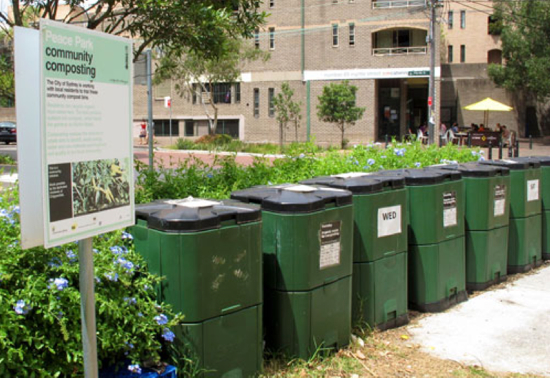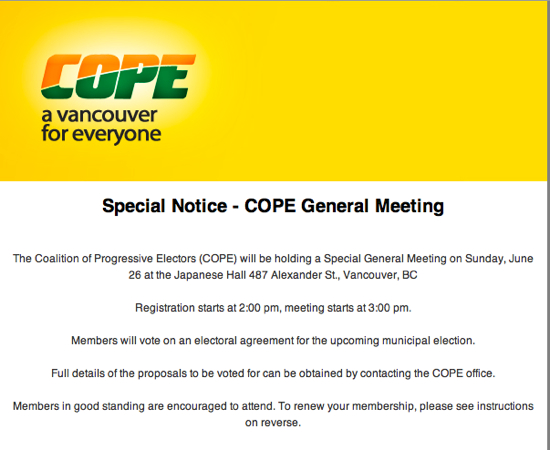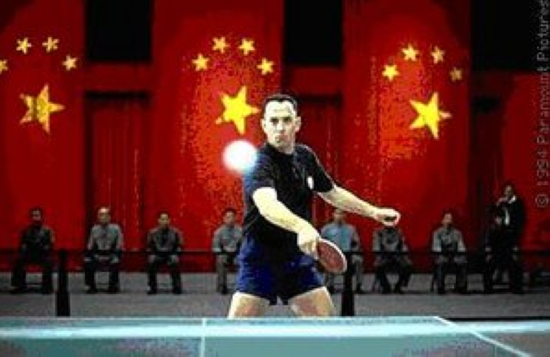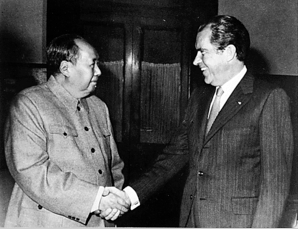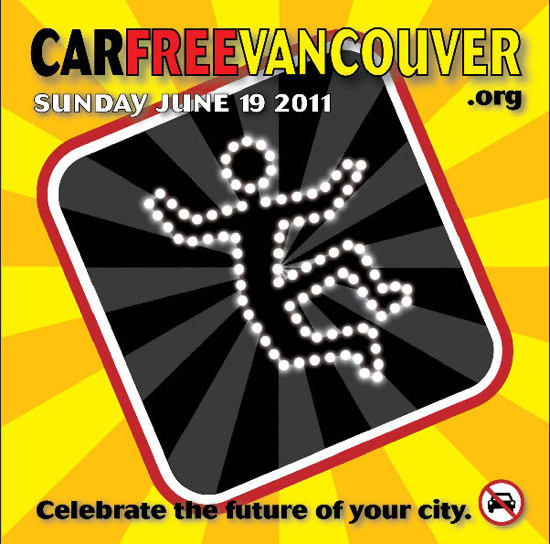
I am going to leave the big question to the end.
The event
The talk was held at the Richmond Cultural Centre and this was my first time in the building. Unfortunately, I did not have time to explore much more than the meeting room, but the plaza was very animated with a group of Boy Scouts conducting some sort of operation that involved shouting and lining up. The perimeter of the plaza was also inhabited with chess players considering their moves on over sized pieces and boards.
The first speaker was Bard Suen, a Senior Graduate Student at UBC, who spoke about his placement at Kits House during the summer 2010 through the Immigrant Vancouver Ethnographic Field School. Bard described his experience of witnessing the disjunction between a “non-visible minority” youth worker and a diverse group of Asian youth between the ages of 15 and 20 years old around environmental awareness and engagement.
Bard described a situation where the Asian youth were not engaging with the narrative of the youth worker on environmental issues due to a lack cultural understanding between the youth worker’s dominant cultural narrative and the Asian youth. Such themes in the dominant environmental narrative as “natural” and “getting back to roots”, reflected a romanticization of an agrarian past that did not resonate with the Asian youth and also reflected a bias for one culture to see its themes as “universal”.
As a result of his fieldwork at Kits Bard produced a series of posters that make problematic the juxtaposing of stereotypes of Asian figures in mainstream environmental slogans.
You can check out the posters here:posters
Bard’s main take-aways from his fieldwork at Kits House were that there needs to be a greater critical awareness of cultural bias in environmental themes. For environmental themes to be effective in promoting more awareness and behaviour change in diverse groups, there needs to be more intercultural exchange of approaches that promote inclusiveness.
The next speaker was Claudia Li, the founder of Shark Truth, which is a project to stop the consumption a tradition Chinese soup that use the shark’s dorsal fin but discards the remainder of the fish.
Here is link to the website of the group: Shark Truth
Claudia began by telling a story of how when she was younger her favorite food was chicken feet and she used to enjoy eating them with her Grandmother. One of the narratives of Claudia’s relationship with her Grandmother was around food. Claudia recounted how her Grandmother explained why they eat chicken feet ‘because we eat the whole frigging thing. We don’t waste anything’. This inherently conservational attitude is embedded with values that have cultural relevance of “balance to nature and harmony”.
Similarly there are cultural narratives that are embedded in the Shark Fin soup that symbolize wealth and health. The soup is part of a traditional banquet dinner. The main point of Claudia’s project is to effectively ask people to stop eating Shark Fin soup and in order to be successful, it is importance to understand how this tradition is situated in the culture that produced it.
Claudia’s bigger points were around the work that needs to be done in how environmental awareness and changing behavior in diverse population needs to understand culturally embedded symbols and narratives. Claudia asked the question:
“How do we as an cultural empower people to create the change they want? ” Claudia suggested that “story-telling is a powerful tool” for the promotion of change. Why do people not act is because they don’t feel connected to the narrative. The task of social movements is to develop “a place of understanding” where listening is valued.
OK, on to the provocative question of the night. Is rice part of a sustainable local food network? The last speaker for the night was RangiChangi Roots, Many Cultures, one Climate, Kevin Washbrook.
The title of his power point presentation was: “A sleeping rice market: the calm before the storm?
Rice is an important source of nutrients to the world, but it is very sensitive to changes in temperature. Rice is at risk with climate change because of long-term trends of wetter and hotter climates. In addition with raising temperatures and glaciers melting causing water to rise endanger many coastal areas that grow rice. Other threats that will affect rice production are more extreme weather events with worse storms occurring.
Another problematic factor about rice is that the very production of it has an effect on climate change. The production of rice creates methane. Methane is 21% more potent than C02 in its effect on climate change. Climate change will constrain rice supply and increase cost and rice productions is a signficiant contribution to climate change.
These were the main points of Kevin’s presentation. While not answering the main question of can rice be part of local sustainable food system, he did make the points that there are methods to grow rice in ways that produce less methane and perhaps he left with the provocative suggestion of the possibility like “organic fair trade coffee” maybe the could pricing around “Climate friendly rice- produced in a way that produces less methane.”
One last point from Kevin’s presentation on of his slides was that in comparison to “other human activates” like the production of meat and emission of C02 from cars, rice is lower down of the list of factors that are producing climate change.
Arzeena Hamir, the organizer of the event who is with Richmond Food Security Society, made the point at the end of the evening that the intent of these talks was not advocate for folks to stop eating rice, but to raise awareness that climate change is going to have an adverse effect on rice production and that prices will rise and production will drop.
Here is an article she wrote for the Richmond Review on rice:Rice
Arzeen ended the evening with the suggestion by way of promotion of sustainable Asian cuisine of a “hundred mile chop stick contest “ for restaurants in Richmond.


